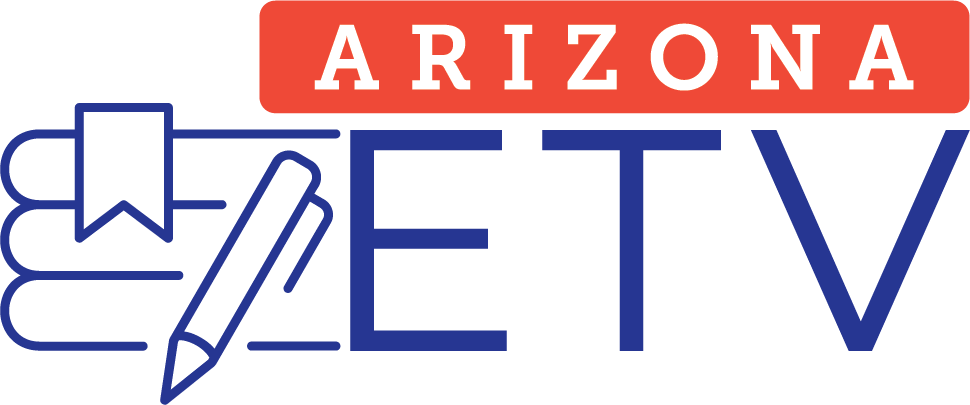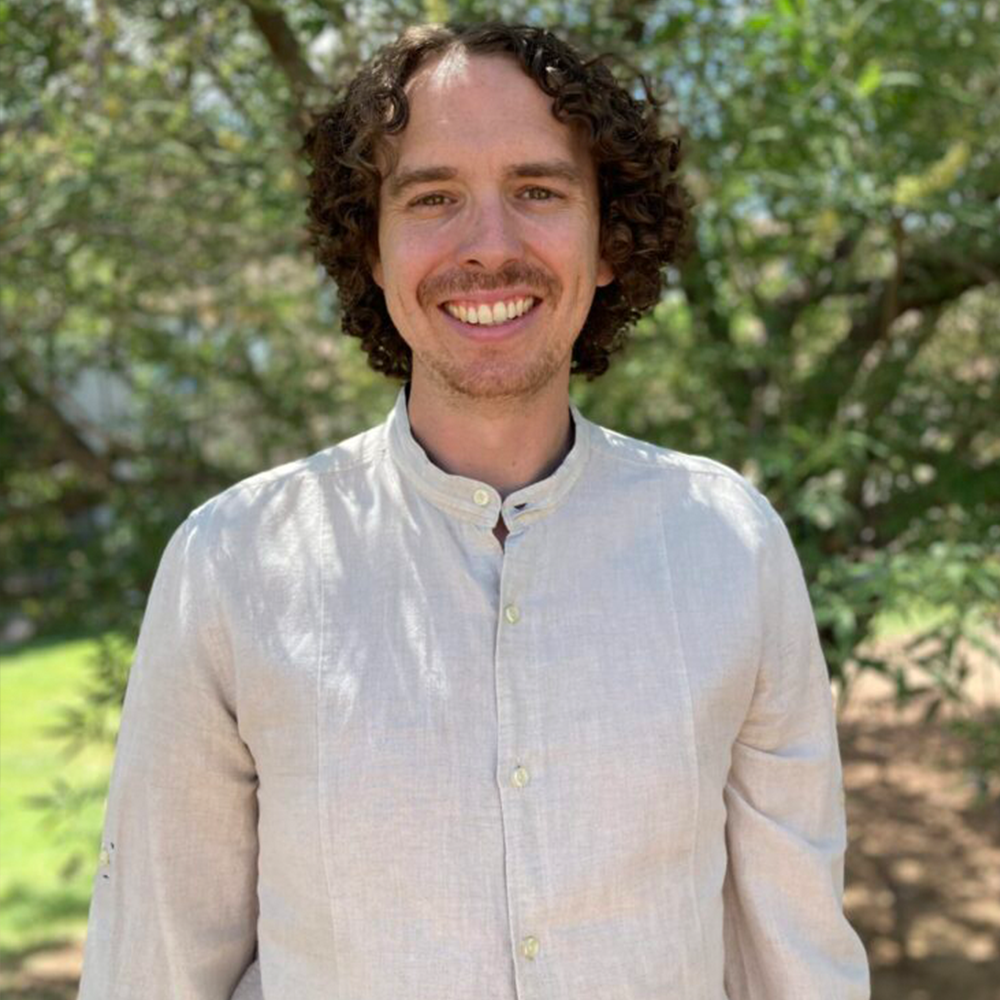ARIZONA
Education and Training Voucher (ETV) Program
The Arizona Education and Training Voucher (ETV) Program is a federally-funded, state-administered program that provides financial, academic, and student support for young people who are or have been in foster care and are enrolled in qualified colleges, universities, or vocational education programs.
| Academic Year 2023-2024 | Open date - October 1, 2022 |
| Academic Year 2024-2025 | Open date - October 1, 2023 |
The Arizona ETV program is open to any current and former young person in foster care who meets at least one of these criteria:
- You are a young person who is or was in U.S. foster care on or after your 16th birthday for ETV (14th for Tuition Waiver)
- You were adopted from U.S. foster care with the adoption finalized after your 16th birthday for ETV (14th for Tuition Waiver)
Additionally you must:
- Be an Arizona resident
- Be a U.S. citizen or qualified non-citizen
- Have personal assets (bank account, car, home, etc.) worth less than $10,000
- Be enrolled in a degree, certificate or other accredited program and show that you are making satisfactory academic progress.
Arizona ETV recipients must maintain a minimum 2.0 GPA each term. Students must submit an academic transcript showing grades and GPA from the most recently completed semester/term.



Arizona Tuition Waiver
If you are attending an Arizona public community college, four-year college, or university, you may be eligible for the Arizona Tuition Waiver. You must have been in foster care at some point after the age of 14 and meet all requirements of the Arizona ETV program and must receive your first disbursement of funding before your 23rd birthday. For more information on this and to check your eligibility, please call (219) 426-2166 or email azetv@fosteredservices.org.
Sign-up and answer a brief series of questions, then complete your ETV application here.
Need help signing up? Email Cara Dyer, Database and Operations Manager, at cara@fosteredservices.org.
College Student Support
Our coordinator is available to assist students in navigating their higher education experience through monthly one-on-one meetings. They have access to key contacts on campus and can support students’ work through financial aid issues and are able to provide guidance when making academic decisions such as when to drop a class or remain. They also help administer Education and Training Voucher (ETV) funds.


